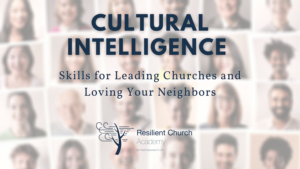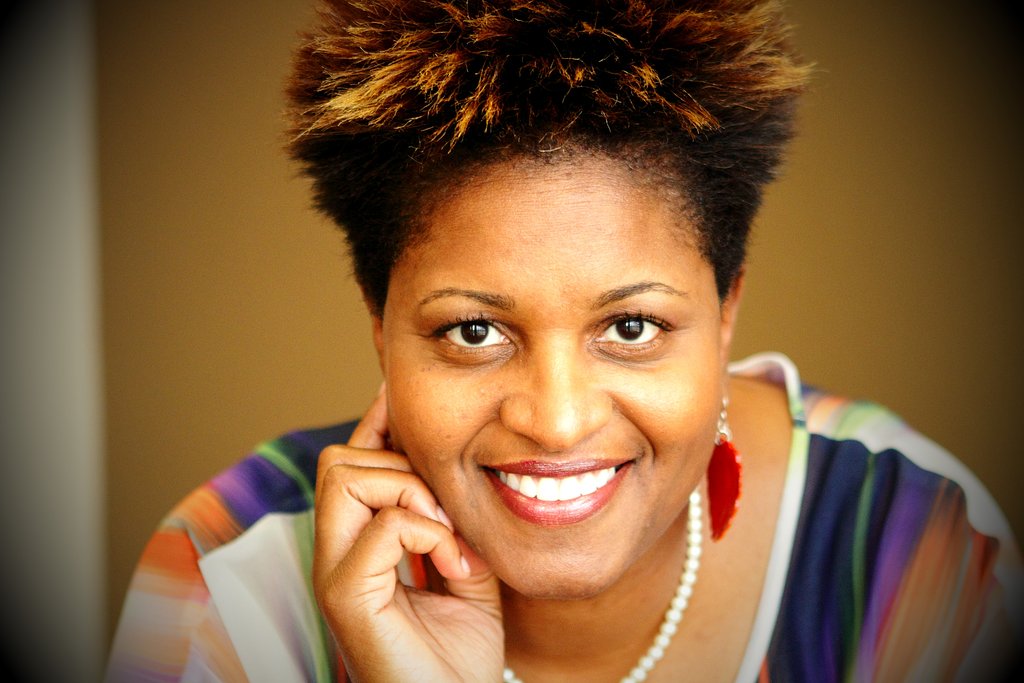In a few weeks, I will be teaching a 4-session course on Cultural Intelligence for the Fresh Expressions Resilient Church Academy. This is my area of research and expertise and I love it!
But so many are still not yet aware of how knowing culture can really benefit them. Culture is simply the way we do things. It is not only typified by race and ethnicity, but by geography, class, family, and many other things. Cultural Intelligence (CQ) is the ability to effectively manage, work, operate in intercultural settings.
We see culture everywhere. We see it in gang members who treat each other like family. We see it in the blind, deaf, and mute communities who are so special and unique. We see it in socioeconomically depressed places, and we see it in the workplace and within many organizations including the Church.
Cultural Intelligence (CQ) is the ability to effectively manage, work, operate in intercultural settings.
Tweet this.
Ethnocentricity is simply thinking that one’s culture is better than others. We often see other cultures through the lens of our own culture and tend to be afraid to try that Indian dish in New Delhi or the roasted pineapple in Brail or my favorite, pizza in Peru. We even avoid having conversations at times with those from other cultures because we don’t understand why some shake hands and others don’t or how respect among Asians is shown differently than respect among many non-Asian people. However, because of globalization, our international encounters are easier than ever. Within our own countries, we see an influx of not only international cultures, but varying cultures within our states and cities.
It is important to understand culture so that the Church can be more effective in making disciples of Jesus Christ. When one understands and walks in another’s shoes, communication is more effective, team building occurs, relationships flourish, and discipleship exists. This concept is so important that I have spent the better part of 11 years studying it and the Church needs to understand it desperately. It is not a new concept, and we do not need it now just because of the racial unrest in the United States. We have always needed these skills to better ourselves and to understand one another.
It is important to understand culture so that the Church can be more effective in making disciples of Jesus Christ.
Tweet this.
I chose the catchy title to this blog to get your attention, but truly, many times pastors do not understand the culture within their surrounding neighborhoods or even within their own church. Cultural Intelligence training helps you identify and understand several things: 1) how culturally intelligent you are; 2) the 4 constructs of CQ; 3) cultural values that exist in all cultures around the globe; 4) and unconscious bias. With these skills, pastors, leaders, the Church, the world can be more culturally sensitive and therefore, more understanding of others which leads to loving our neighbor more effectively.
Many pastors don’t understand the culture and it is costing them and hurting the Church.
When will we understand that the Bible has many cultural nuances that we need to pay attention to when reading? Just like the biblical times, we do not live in a bubble, but we live among many different peoples and cultures right in our back yard. I challenge you to not just participate in this class, but to learn about this concept so we can be better together in a world that truly needs togetherness.



